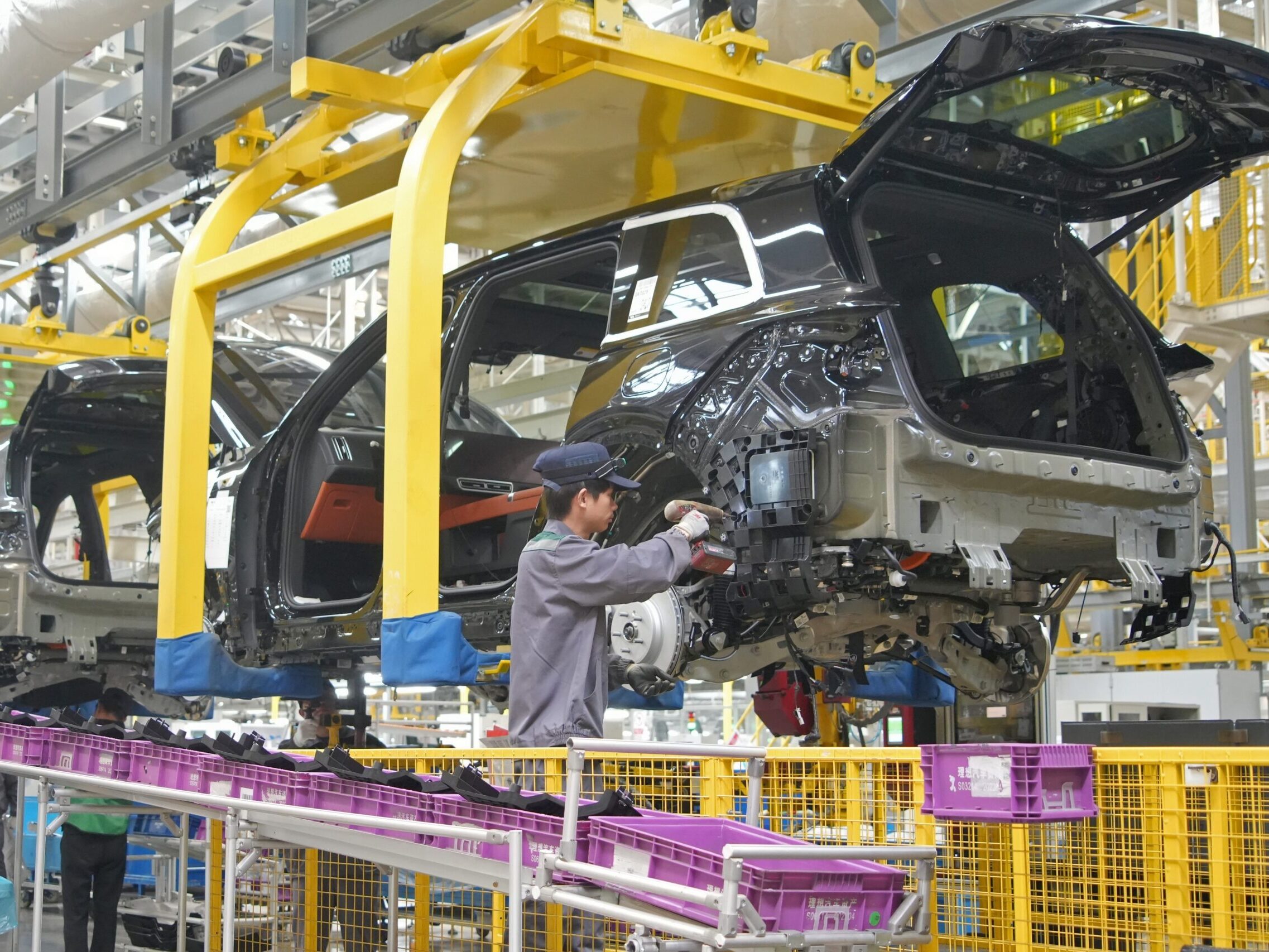


In the ongoing discourse surrounding trade and tariffs, both Democrats and Republicans have expressed concerns that Mexico serves as a backdoor for Chinese goods entering the United States. However, recent analyses indicate that there is little evidence to support this claim. In fact, the Biden administration imposed tariffs on Chinese exports in May 2024, further complicating the narrative surrounding US-Mexico trade relations [b7d2386c].
Since 2006, the US has invested approximately $242.9 billion in Mexico, while Chinese investments have been significantly lower at only $2.5 billion. In 2023, Mexico imported $113 billion worth of goods from China but exported only $9 billion back, highlighting a stark trade imbalance [b7d2386c]. This situation is contrasted by the US-Mexico trade surplus, which averages 1.7 times the value of exports, with Mexican exports to the US totaling $467.9 billion in 2023. Notably, Mexican imports from the US have grown at an annual rate of 5.7%, while imports from China have increased by 10.3% annually [b7d2386c].
In response to these dynamics, Mexican President Claudia Sheinbaum has announced plans to reduce imports from China, reflecting a strategic pivot in Mexico's trade policy. This move may be influenced by the increasing US hostility towards Mexico, particularly in light of upcoming revisions to the United States-Mexico-Canada Agreement (USMCA) [b7d2386c].
Meanwhile, the geopolitical landscape continues to evolve, with the US imposing a 100% tariff on all electric vehicles imported from China, effective September 2024. This decision, alongside President-elect Donald Trump's plans to introduce additional tariffs, including a 25% tariff on imports from Canada and Mexico, raises questions about the future of Chinese investments in the Mexican electric vehicle sector [0e3a957d][067faf62].
As these developments unfold, the implications for trade relations between the US, Mexico, and China are significant. The narrative that positions Mexico as a conduit for Chinese exports appears increasingly tenuous, as data suggests a more complex economic relationship characterized by substantial US investment and a growing focus on reducing reliance on Chinese goods [b7d2386c].